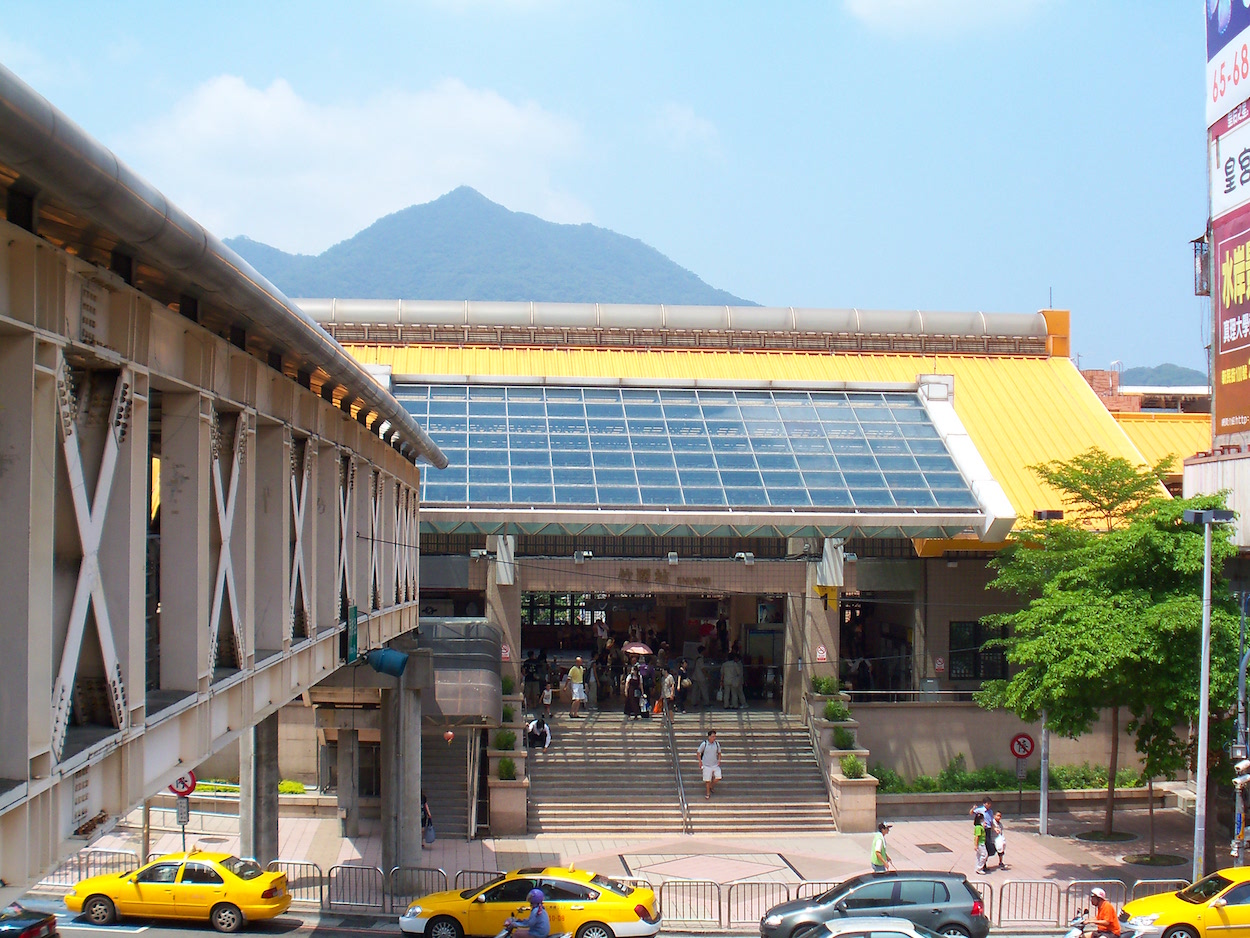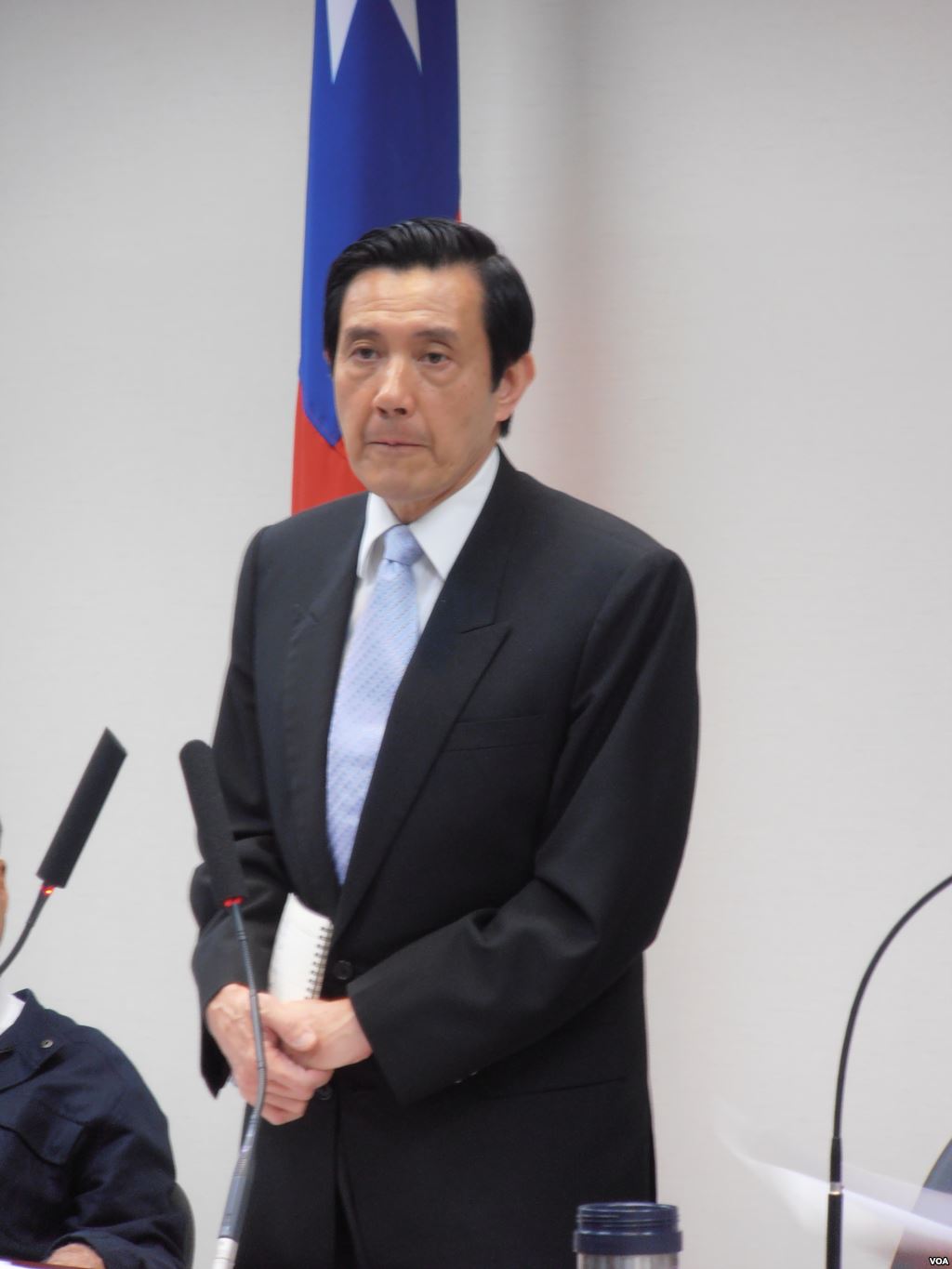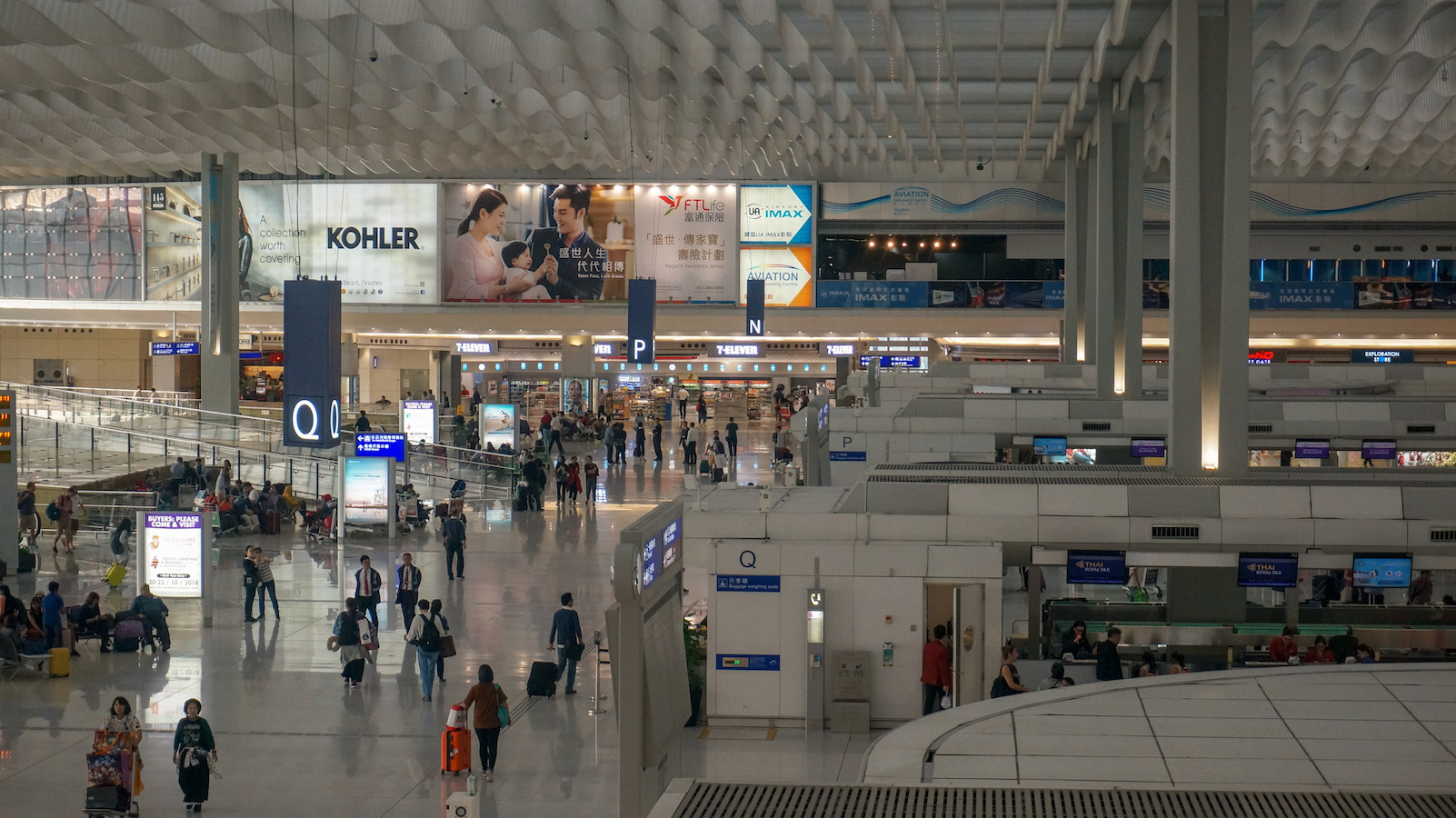by Brian Hioe
語言:
English
Photo Credit: Online
Political Controversy in Taiwan Regarding Chan Tong-Kai
THE APPARENT willingness of Chan Tong-kai, the suspect in the murder case that indirectly led the current political protests in Hong Kong, to voluntarily return to Taiwan to face charges has sparked political controversy in Taiwan in the past few days.
It is claimed that Chan is voluntarily willing to return to Taiwan to face charges. Some questioned whether Chan truly wishes to face charges in Taiwan, or whether this is simply what the Hong Kong government claims, with some political aim in mind by sending Chan to Taiwan. It is far from unthinkable, after all, that Chan was coerced into stating he would be willing to face charges in Taiwan.
Chan was released by jail today after serving a sentence on theft charges for stealing the belongings of his girlfriend, Poon Hiu-wing, who he is thought to have killed while the two were vacationing in Taiwan last year. Taiwan’s lack of a formal extradition agreement with Hong Kong has prevented his being extradited to Taiwan to face charges there for the murder, leading to his jailing in Hong Kong on theft charges.
Livestream of Chan’s release. Film credit: Now News/Facebook
Chan was brought by Hong Kong authorities to a secure location after being released. Though Taiwanese police were reportedly sent to Hong Kong to escort Chan to Taiwan, it does not appear that Chan will go to Taiwan today. It is currently claimed that Chan will travel to Taiwan once it is clear that he will not be used as a political pawn by the Taiwanese government. Before being led away, Chan spoke to media, bowing and stating that his actions were unforgivable.
The Tsai administration initially was not willing to accept Chan. But after coming under criticism from the KMT, Formosa Alliance, and other domestic critics, the Mainland Affairs Council later asked the Hong Kong government to hand Chan over, claiming that both Taiwan and Hong Kong have legal authority over the case but that Hong Kong’s legal authority takes precedence, hence its actions.
This has been interpreted by some as the Tsai administration reversing course under pressure. The Tsai administration initially justified refusing to accept Chan on the basis that the Hong Kong police still had not formally responded to its requests for further information on the case.
The Tsai administration states that it will only accept Chan on the basis of mutual judicial assistance and that if the Hong Kong government does not provide information or carry out an investigation on the case, the Taiwanese government will. The possibility had been raised that Chan would be traveling to Taiwan in an individual capacity after serving his jail term on theft charges, which would have resulted in further legal complications. But the Tsai administration sending police personnel to Hong Kong seems precisely to be in order to prevent that, as a means of taking proactive action to arrest Chan instead of his voluntarily surrendering himself. It is highly possible that the Hong Kong police did not allow Taiwanese police to arrest Chan within Hong Kong, as a result of which it remains unknown as to what Chan’s subsequent fate will be.
A Cross-Straits Murder Case with Few Precedents
CHAN TONG-KAI, then 19, is believed to have killed his girlfriend, Poon Hiu-wing, 20, during a trip to Taiwan during February of last year. After returning to Hong Kong alone without Poon, Chan claimed that he and Poon had argued and broken up, following which he did not hear from Poon. Poon’s father later filed a missing person report with the Hong Kong police and traveled to Taiwan to seek aid from the Taipei police.
Chan eventually confessed to the murder after being questioned in Hong Kong. After reviewing security camera footage, Taipei police had discovered footage of Chan dragging a suspiciously large pink suitcase while leaving the Purple Garden Hotel where he and Poon had been staying. Hong Kong police, who were in contact with their counterparts in Taipei, then claimed to Chan that the Taipei police had discovered security camera footage of the murder, following which Chan admitted to the killing, and stated that he had left the suitcase with Poon’s body in it in the vicinity of the Zhuwei MRT station. The suitcase and Poon’s body were subsequently recovered by the Taipei police.
 Zhuwei MRT station. Photo credit: 玄史生/WikiCommons/CC
Zhuwei MRT station. Photo credit: 玄史生/WikiCommons/CC
Chan suspected that his girlfriend was pregnant with another man’s child, which what led to the killing. It was later confirmed that Poon had been four or five months pregnant at the time of her death. Hong Kong police subsequently sent three police officers to Taiwan to exchange information with their Taiwanese counterparts on March 21st.
But because Hong Kong does not have an extradition agreement with Taiwan, this led Chan to be unable to extradited from Hong Kong to Taiwan in order to face charges for the murder. Chan could only be held in Hong Kong on charges of having stolen money from Poon, leading to the jail sentence that ended today. At the time, Taiwanese police stated that Hong Kong police eventually began to ignore requests for mutual assistance despite the exchange of intelligence on March 21st.
There were few other precedents for such a case of a Hong Kong citizen committing crimes of similar severity in Taiwan then returning to Hong Kong. In the few examples that do exist, suspects who committed crimes in Taiwan then returned to Hong Kong were set free.
A case several years ago involving Colombian nationals that had committed jewelry thefts worth 5 million NTD in Taiwan reportedly led to their release in Hong Kong because Hong Kong courts refused to admit evidence from Taiwan, despite the fact that Taiwanese and Hong Kong police had cooperated to catch the suspects. On the contrary, those who had committed crimes in Hong Kong then fled to Taiwan were usually able to be sent back to Hong Kong to be charged, as observed in a 2018 murder case in which four murder suspects who had committed a murder in Hong Kong were deported to Hong Kong after fleeing to Taiwan, which expelled the suspects and did not allow them to stay.
These were the series of events that led to the proposal of the extradition bill which sparked the protests that have rocked Hong Kong for the past four months. Namely, this bill introduced to close the “legal loophole” raised by the Poon murder case would have allowed criminal suspects in Hong Kong to not only be deported to Taiwan but also China and Macau. This prompted fears that the bill would be used as a way to send Hongkongers to face trial in China in a manner deleterious to Hong Kong’s political freedoms.
As the case of the kidnapped Causeway Bay booksellers goes to show, it is already possible to be covertly kidnapped from within Hong Kong and sent to face trial in China on trumped-up charges. But it was feared that this bill could allow for the open arrest and deportation of Hongkongers to face charges in China—possibly just for the exercise of political freedoms that should, in theory, continue to be legal within Hong Kong.
Statement by Taiwanese president Tsai Ing-wen emphasizing that the Taiwanese government would take deliberate action to arrest Chan, instead of his voluntarily surrendering himself, and that if the Hong Kong government would not carry out an investigation on the case, the Taiwanese government would
With the outbreak of protests in Hong Kong against the extradition bill, the Tsai administration stated that it had no interest in pursuing charges against Chan because of the possibility that this would lead to politically-motivated deportations to China from Hong Kong. This was an action that the political administration of Chief Executive Carrie Lam initially used to justify temporarily suspending, then later withdrawing the extradition bill, seeing as Taiwan had no interest in pursuing charges against the presumed culprit of the murder case which had necessitated the bill’s introduction.
A Ploy by the Hong Kong Government to Set a Precedent for Future Extraditions to China?
SOME, PARTICULARLY international observers, have struggled to understand the Tsai administration’s motives for initially refusing to accept Chan.
Taiwanese President Tsai Ing-wen, a former professor of law, has outlined her administration’s position as that, though Taiwan could potentially take up jurisdiction over the case, but that because Chan is a Hong Kong resident, the Hong Kong government takes precedent in terms of legal jurisdiction despite that the murder took place within Taiwan. As such, in comments on the case, Tsai emphasized that this would be the Hong Kong government refusing to take responsibility for the murder case, not the Taiwanese government.
Likewise, Tsai cited that assuming legal responsibility over the case would not simply be as simple as sending Chan to Taiwan, but that this for require further cooperation from the Hong Kong government, such as sending over the relevant evidence from the case, which is currently in the hands of the Hong Kong government. According to Tsai, the Hong Kong government has not done this, returning to the need for mutual assistance between the Taiwanese and Hong Kong governments on this matter.
For one, given that international media frequently reports incorrectly on the political status of Taiwan vis-a-vis China, China could seize upon Taiwan accepting Chan from Hong Kong as part of longstanding efforts to spread the misleading view that Taiwan is already de facto part of and subordinate to China, in juridical, economic, and other matters. The Chinese government could also frame the Tsai administration as irrationally committed to being “anti-China” by refusing to accept Chan and excessively politicizing the issue in this way
Indeed, by raising the possibility of sending Chan to Taiwan, China has given ammunition to critics of the Tsai administration, including its proxy in Taiwan, the KMT. Former president Ma Ying-jeou and current KMT presidential candidate Han Kuo-yu have been among those to accuse the Tsai administration of denigrating Taiwan’s judicial sovereignty and being irrationally anti-China in refusing to admit Chan—never mind that the KMT has historically demonstrated a marked disinterested in defending Taiwanese sovereignty given the party’s pro-China political agenda.
 Former president Ma Ying-jeou of the KMT. Photo credit: VOA/Public Domain
Former president Ma Ying-jeou of the KMT. Photo credit: VOA/Public Domain
Presidential candidate Annette Lu of the Formosa Alliance has also leapt onboard with such accusations against Tsai. The Hong Kong government has itself accused Taiwan of using the incident to score political points, as observed in comments by Chief Secretary Matthew Cheung, the second-highest-ranking government official in the Hong Kong government.
Miao argues that the actions of the Chinese government are likely deliberate in this regard, in aiming to influence Taiwan’s elections. Given international reactions to Taiwan’s refusal to admit Chan, in all likelihood this stratagem of China’s was successful.
Likewise, according to Miao, because of the fact that Chan could be sent to Taiwan in his capacity as an individual without going through mutually agreed on extradition and criminal charge procedures between Hong Kong and Taiwan, this would have set a dangerous precedent for Hong Kong.
Namely, in the absence of a codified extradition law, sending Chan to Taiwan in this manner would be set a precedent to send Hongkongers to Taiwan, China, or other locations in their legal capacity as individuals to face charges—without going through any kind of due process, so long as they claim to be voluntarily willing to face charges. This could result in setting a precedent for forced confessions extracted from Hongkongers in order that they are sent to sent to face charges in China.
Again, one notes that the kidnapped Causeway Bay booksellers, all claimed to have traveled to China in order to face charges willingly in what were likely false confessions made under coercion. It was feared that the extradition bill which originally set off the past four months of protest in Hong Kong would be used to formalize a process of openly deporting Hongkongers to face political charges in China.
It is unknown whether the Hong Kong government thought sending Chan to Taiwan would cause the current set of protests to die down, seeing as the murder case was one of the events which led to the introduction of the extradition bill that sparked the protests. But this seems unlikely to succeed. With the demands of the protests having long since expanded beyond withdrawing the extradition bill, the movement has continued long after the Hong Kong government withdrew the original extradition bill.
 Photo credit:
Photo credit:
Yet with the extradition bill withdrawn by the Hong Kong government, sending Chan to Taiwan could be used to establish a legal precedent of deportations to Taiwan, China, or other locations. As such, this could effectively be used as a justification for de facto accomplishing what the extradition bill was meant to do in allowing for the deportation of Hong Kong residents to China. If the Hong Kong government drew on this precedent in the future, it could also avoid the messy process of having to pass any sort of extradition bill that might provoke public outrage.
If so, the Hong Kong government sending Chan to Taiwan would be a means of not only interfering with Taiwanese elections but of trying to effectively accomplish the same aims as the original extradition bill—and without needing to pass any bill in a manner that would incite provoke public outrage. As such, the question of whether Chan ends up being sent to Taiwan or not, as well as under what auspices he is sent to Taiwan, could prove highly significant going forward.

